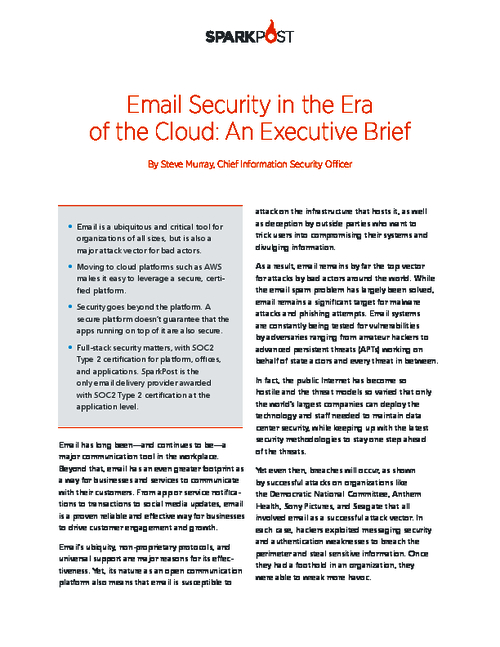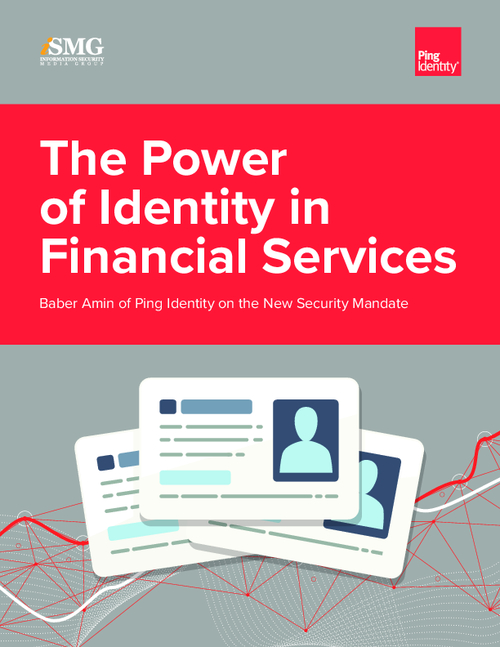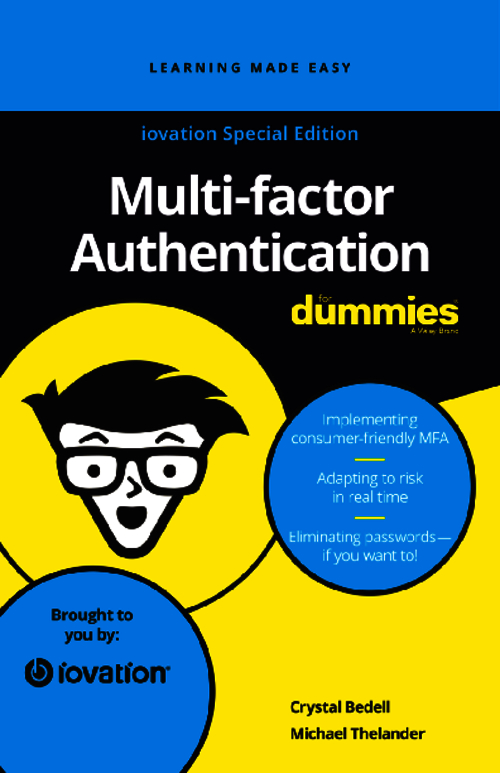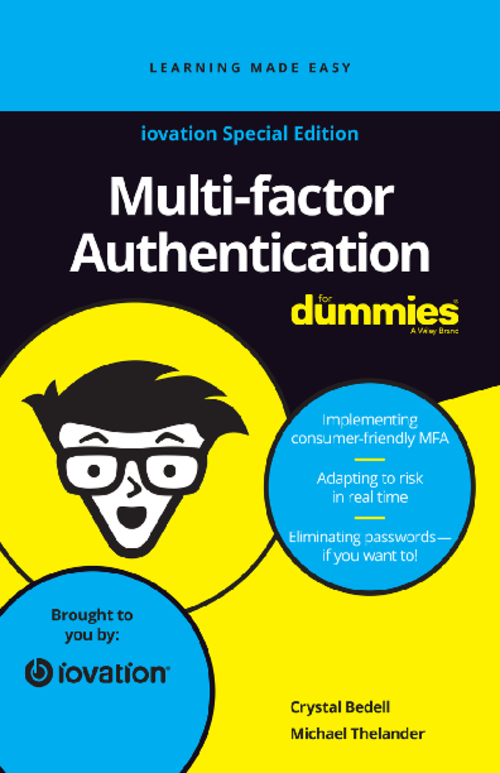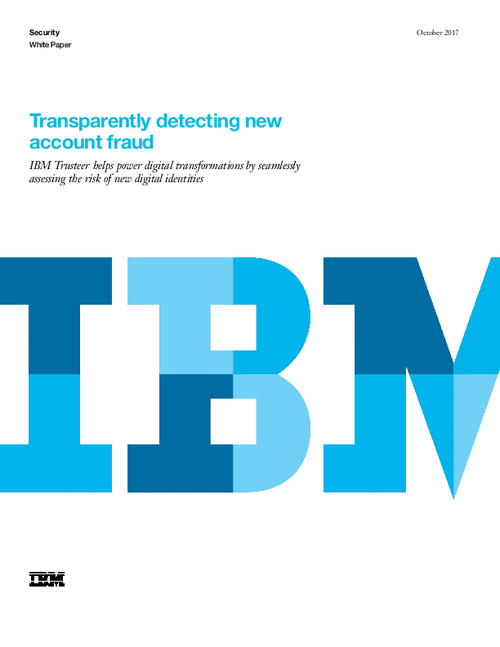Maturing of Biometrics on Smart Phones
Mobile Devices' Camera, Voice Apps Become More RobustSmart phones' cameras and voice technologies have matured to the point where they can furnish users with robust biometric authentication to access applications and systems, Vinsik, vice president and partner for global security solutions at IT services provider Unisys, says in an interview with Information Security Media Group.
"I don't need another device in order to construct strong authentication," Vinsik says. "I can use my phone for the biometric aspect to authenticate me by face, and then I can conduct my transaction online all within that same device."
In the interview, Vinsik:
- Identifies other ways mobile devices can help authenticate users;
- Discusses the benefits of near-field-communications chips in mobile devices to secure transactions;
- Explains the financial benefits to the enterprise provided by authentication through mobile devices.
In an earlier interview [see Americans Less Jittery About Net Security], Vinsik analyzed the state of cybersecurity around the globe.
Vinsik also discussed how biometrics could be used as an alternative to RSA's SecurID authentication tokens in another interview [see Biometrics Seen as SecurID Alternative].Vinsik is responsible for the enterprise security portfolio at Unisys. He is a recognized expert in securing critical infrastructure from physical and cyber threats. He has served on several national and international standards committees, including the international committee on biometrics standards, ISO SC37, and is the secretary on the board of the BioAPI standards organization.


